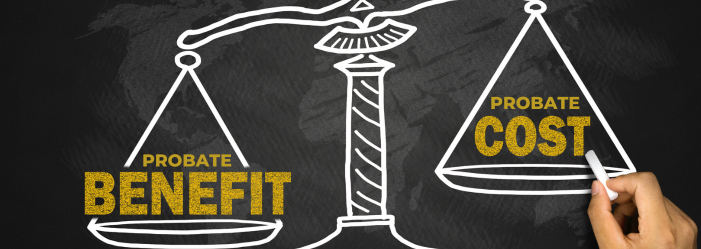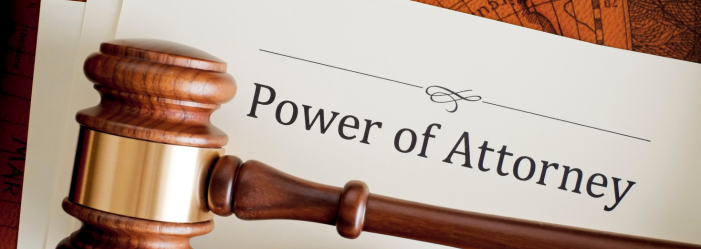Resolving Business Disputes: Mediation, Arbitration, or Litigation
Need A Florida Lawyer? Fill Out The Form Below
Finding the Best Path to Resolution: Mediation, Arbitration, or Litigation

Resolving Business Disputes: Mediation, Arbitration, or Litigation?
When business conflicts arise, particularly for small and medium-sized businesses, choosing the right method for resolution can make all the difference in time, cost, and maintaining professional relationships. Understanding the options available—mediation, arbitration, and litigation—helps business owners decide the best course of action for their unique situation.
1. Mediation: Collaborative Problem-Solving
In mediation, a neutral third-party mediator facilitates discussions between disputing parties to guide them toward a mutually agreeable solution. While the mediator does not impose a decision, they help each side understand the issues and foster collaboration.
- Cost-Effective: Mediation is often less costly than litigation or arbitration because it requires fewer resources and can usually be resolved faster.
- Time-Saving: Mediation allows for quicker resolution, with schedules typically set by the parties involved.
- Confidentiality: Details of the dispute remain private, unlike court proceedings which become part of the public record.
- Relationship-Focused: Mediation prioritizes preserving business relationships, making it ideal when parties are interested in continuing to work together.
Best For: Disputes where both sides are willing to negotiate and seek a collaborative solution, such as disagreements between long-standing partners or disputes over contract terms.
2. Arbitration: A Structured Alternative to Court
Arbitration is a more formal approach where an arbitrator, often someone with specialized expertise, reviews the evidence and makes a binding decision. While it shares similarities with court proceedings, it generally provides more flexibility and privacy.
- Binding Decision: The arbitrator’s decision is enforceable in court, offering finality without the length of a trial.
- Expedited Resolution: Arbitration is usually faster than litigation due to more streamlined procedures.
- Confidentiality: Like mediation, arbitration is private, keeping sensitive business information from public exposure.
Best For: Cases where parties want a binding resolution without the time, expense, or public exposure of a trial but need a more structured approach than mediation offers. Arbitration is popular in industries like technology, finance, and construction, where confidentiality and expertise are paramount.
3. Litigation: The Formal Route
Litigation involves taking the dispute to court, where a judge (and occasionally a jury) renders a legally binding decision. While this process offers a high level of formality and structure, it can be costly and time-consuming.
- Structured Legal Process: Litigation follows strict legal procedures, which can provide clarity and ensure adherence to established law.
- Public Record: Court proceedings are part of the public domain, allowing outcomes to set legal precedents, which can be beneficial in establishing industry standards.
- Comprehensive Discovery: Litigation allows for thorough evidence gathering, which can be essential in complex or high-stakes disputes.
Best For: Situations involving high-conflict issues, uncooperative parties, or where a legal precedent is necessary. Litigation can be advantageous when there is a significant power imbalance, complex legal matters, or the need for enforceable rights protection.
Choosing the Right Path: Strategic Considerations for Small Businesses
- Evaluate the Issue: Start by clarifying the dispute and examining any relevant contracts, as these may include clauses that specify dispute resolution methods.
- Informal Communication: If possible, attempt to resolve minor disagreements informally before escalating the matter.
- Consider ADR Options: Mediation or arbitration is typically more cost-effective than litigation and can preserve relationships, making them preferable in many cases.
- Seek Legal Counsel: Legal professionals provide essential guidance in understanding the strengths and weaknesses of your case, helping you make informed choices.
- Proactive Contract Clauses: To streamline future resolutions, consider adding mediation or arbitration clauses in business agreements, which can prevent disputes from escalating unnecessarily.
Benefits of Partnering with Katz & Associates
At Katz & Associates, we understand that navigating business disputes can be challenging and stressful. Our team offers deep expertise across all methods of dispute resolution, from mediation to litigation, and is committed to finding the most effective and efficient path for our clients. We work closely with you to understand your unique situation, offering tailored strategies that save you time and reduce costs. With Katz and Associates by your side, you can focus on your business’s growth, knowing that your legal needs are in trusted hands.
Powered and Designed by Boost (boostvse.com)













